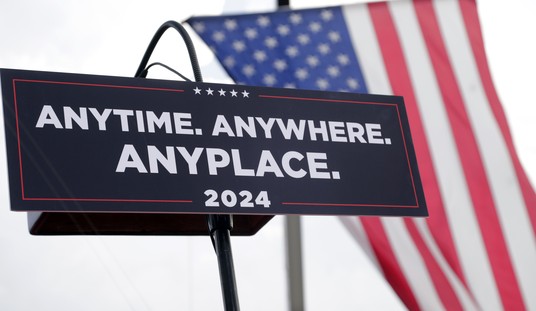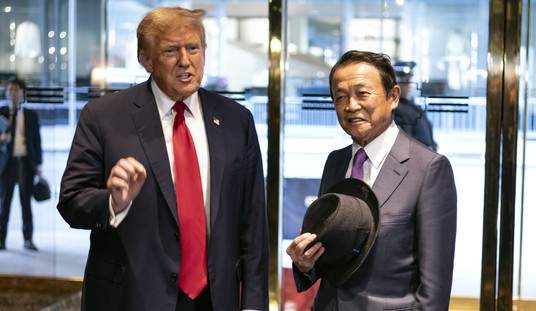It’s one thing to insist that reporters check quotes for accuracy and proper context. Most carry recorders of some kind to ensure that they accurately quote their sources, especially since it has become so inexpensive to do so. But should they have to get approval from politicians to use accurate quotes from the campaigns and advisers?
The push and pull over what is on the record is one of journalism’s perennial battles. But those negotiations typically took place case by case, free from the red pens of press minders. Now, with a millisecond Twitter news cycle and an unforgiving, gaffe-obsessed media culture, politicians and their advisers are routinely demanding that reporters allow them final editing power over any published quotations.
Quote approval is standard practice for the Obama campaign, used by many top strategists and almost all midlevel aides in Chicago and at the White House — almost anyone other than spokesmen who are paid to be quoted. (And sometimes it applies even to them.) It is also commonplace throughout Washington and on the campaign trail.
The Romney campaign insists that journalists interviewing any of Mitt Romney’s five sons agree to use only quotations that are approved by the press office. And Romney advisers almost always require that reporters ask them for the green light on anything from a conversation that they would like to include in an article.
From Capitol Hill to the Treasury Department, interviews granted only with quote approval have become the default position. Those officials who dare to speak out of school, but fearful of making the slightest off-message remark, shroud even the most innocuous and anodyne quotations in anonymity by insisting they be referred to as a “top Democrat” or a “Republican strategist.”
It is a double-edged sword for journalists, who are getting the on-the-record quotes they have long asked for, but losing much of the spontaneity and authenticity in their interviews.
This is actually less of a problem with the politicians themselves. Most quotes we get from candidates and officeholders come from public speeches and appearances. Many campaign advisers make the rounds on television, including a couple mentioned in the NYT article, including David Axelrod, who according to this Jeremy Peters report is long-winded and inclined to edit himself to shorten answers before approving quotes.
Still, it’s bad enough that the press allows these players to edit their own quotes. Extending that down to the bureaucrats in federal agencies is even worse. Would Al Armendariz have approved the “crucify” quote — and would the media have buried it if he hadn’t said it on tape? What happened to the independence of the media? Granting approval to the governing class for quotes, as well as edit rights, pushes them further toward a mouthpiece role rather than a watchdog role, and that’s true regardless of which party is in power. On the record should mean on the record, and the only issue should be whether a quote was accurate and in context.
The journalists themselves know this, too, which is why so few of them agreed to speak on the record — an irony Peters notes:
Many journalists spoke about the editing only if granted anonymity, an irony that did not escape them. No one said the editing altered the meaning of a quote. The changes were almost always small and seemingly unnecessary, they said.
Those who did speak on the record said the restrictions seem only to be growing. “It’s not something I’m particularly proud of because there’s a part of me that says, ‘Don’t do it, don’t agree to their terms,’ ” said Major Garrett, a correspondent for The National Journal. “There are times when this feels like I’m dealing with some of my editors. It’s like, ‘You just changed this because you could!’ ”
Well … yeah. What did you expect?
Update: My friend Deacon Greg Kandra and I used almost the headline independently of each other, and Greg — a former newsman for CBS — adds this: “It is many things, but it ain’t journalism.”








Join the conversation as a VIP Member